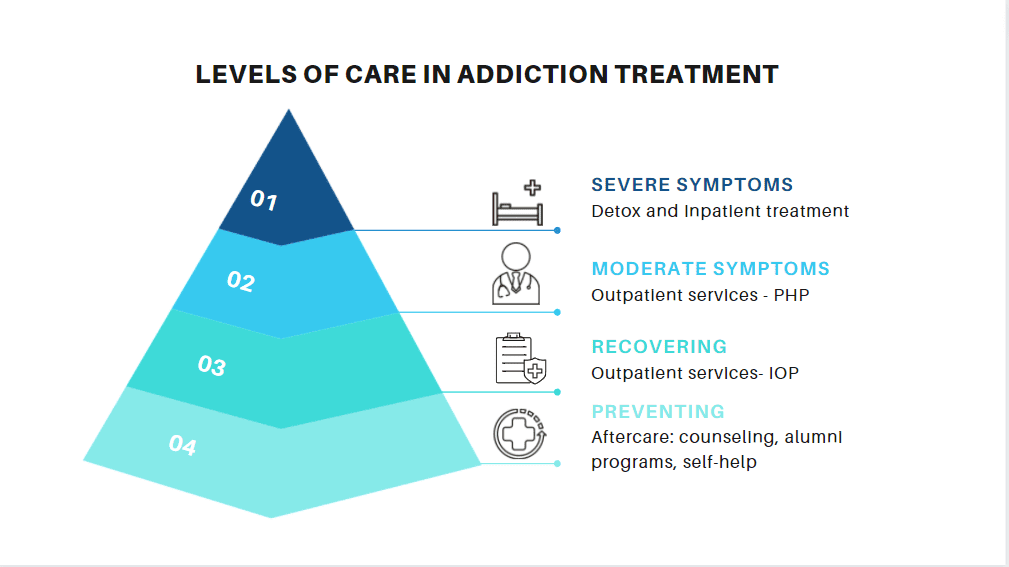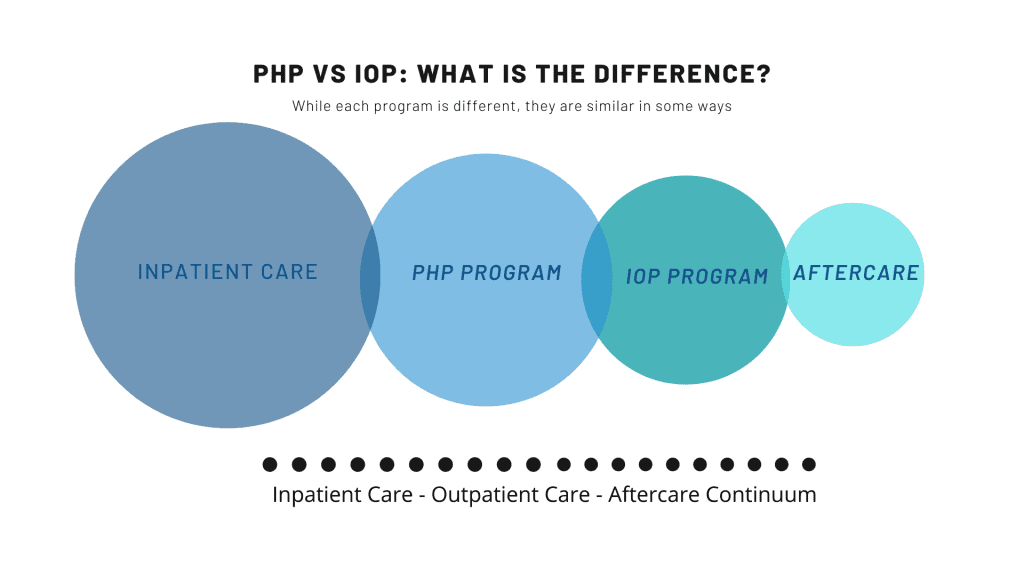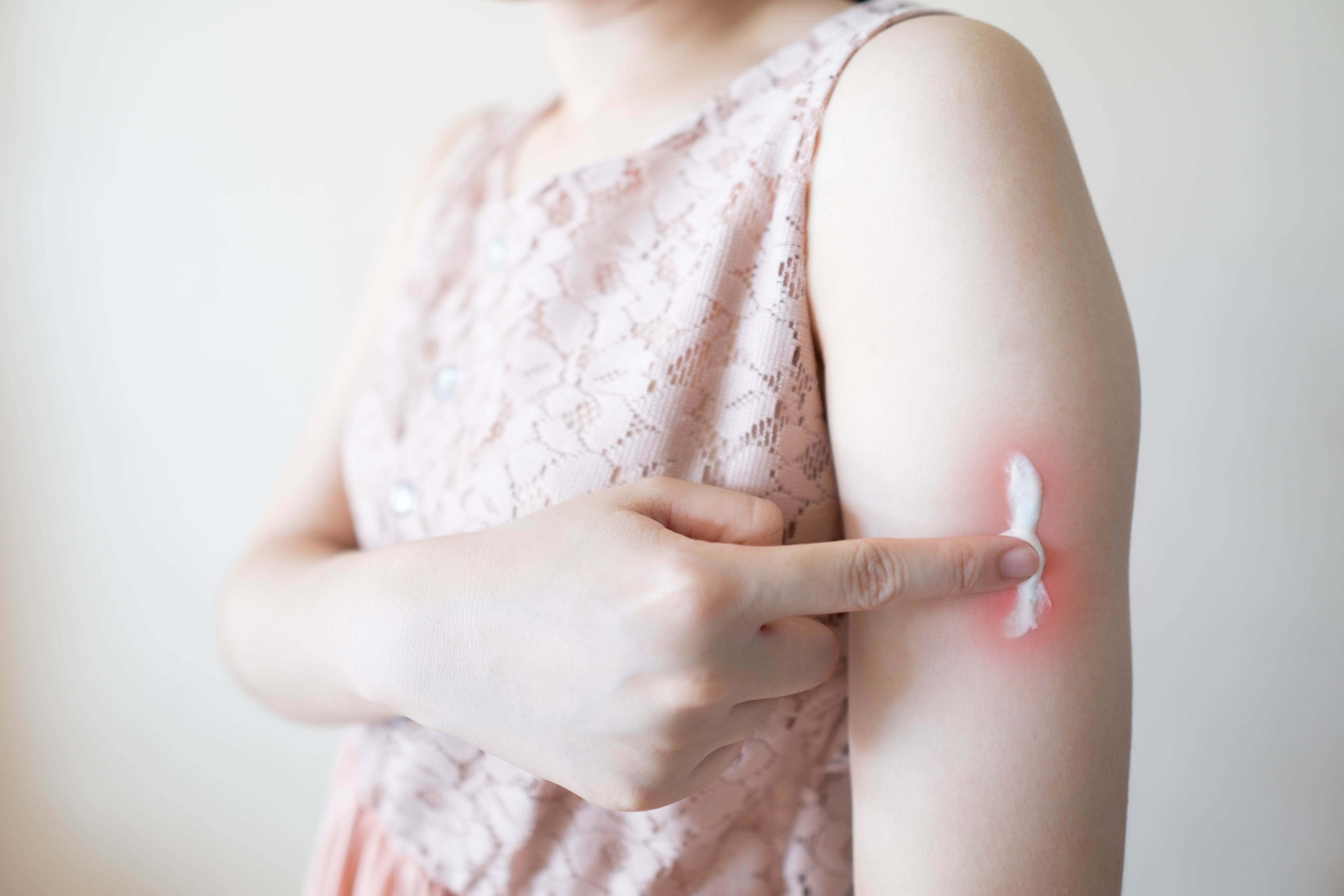Rehab After Work: Outpatient Treatment Programs
For individuals struggling with drug and alcohol addiction, getting the help they need can be a daunting task. One major hurdle that many people face is the challenge of balancing treatment with their daily responsibilities, such as work or school. This is where “rehab after work” comes in – intensive outpatient programs (IOP) and partial hospitalization programs (PHP) that allow individuals to receive treatment while still maintaining their daily responsibilities. The term “rehab after work” highlights the importance of this type of treatment program, as it allows individuals to receive the care they need without having to take a break from work or school. This can be particularly important for those who have financial obligations or who are the primary caretaker for their family. It’s important to note that seeking treatment for drug and alcohol addiction while maintaining daily responsibilities is not easy, but it can be incredibly rewarding. By participating in an IOP or PHP, individuals can receive the support and care they need to overcome addiction and achieve long-term recovery. This can help individuals to maintain their employment, relationships, and overall quality of life while still receiving the help they need. Ultimately, “rehab after work” programs provide a flexible and supportive option for individuals seeking treatment for drug and alcohol addiction, helping them to successfully balance treatment and daily responsibilities.

Intensive Outpatient Programs (IOP)
Intensive outpatient programs provide structured treatment and support services for individuals who do not require 24-hour care. IOPs typically involve several hours of therapy and other supportive services per day, several days per week. These programs offer a range of services, including individual and group therapy, family counseling, medication management, and life skills training.
IOPs can be an effective treatment option for individuals who have completed inpatient treatment and need ongoing support, or for those who need more intensive care than traditional outpatient programs can provide. The flexible scheduling of IOPs allows individuals to maintain their daily responsibilities, such as work or school, while still receiving the support and care they need.


Partial Hospitalization Programs (PHP)
Partial hospitalization programs provide structured treatment and support services for individuals who do not require 24-hour care but need more intensive care than traditional outpatient programs can provide. PHPs typically involve several hours of therapy and other supportive services per day, several days per week. Clients in PHPs may receive medication management, individual and group therapy, family counseling, and life skills training.
PHPs can be a good fit for individuals who need more intensive care than traditional outpatient programs can provide but do not require 24-hour support. The flexible scheduling of PHPs allows individuals to maintain their daily responsibilities while still receiving the support and care they need.


Rehab After Work
Intensive outpatient programs and partial hospitalization programs, also known as “rehab after work,” can be an effective treatment option for individuals struggling with drug and alcohol addiction. These programs provide a structured and supportive environment where individuals can receive evidence-based treatment and support, while still maintaining their daily responsibilities.
Rehab after work programs may include a range of services, such as individual and group therapy, family counseling, medication management, and life skills training. These programs also provide aftercare support to help individuals maintain sobriety and prevent relapse.
Overall, rehab after work programs can provide a flexible and supportive option for individuals seeking treatment for drug and alcohol addiction. By choosing an intensive outpatient program or partial hospitalization program at Lifescape recovery, individuals can receive the support and care they need while still maintaining their daily responsibilities. Remember, it’s important to choose a program or facility that provides evidence-based care in a safe and supportive environment and offers aftercare support to help maintain long-term sobriety.




At Lifescapre Recovery, we are dedicated to helping people transform their lives. We have financing programs available to make sure nothing stands in the way to have the opportunity to receive the treatment you need. We offer a healthcare financing program through CareCredit, to assure that as many people as possible can begin the path to healing and once again lead productive lives. CareCredit is a unique lender in the field of medical loans.CareCredit helps make the health, wellness, and beauty treatments and procedures you want possible today.
Published: April 24, 2023
Last Updated: April 24, 2023


Published: July 15, 2024
Understanding Bipolar Symptoms in Women
Bipolar disorder is a complex mental health condition characterized by extreme mood swings, including emotional highs (mania or hypomania) and lows (depression). While bipolar disorder affects both men and women, the symptoms can present differently in each gender. Understanding the specific symptoms of bipolar disorder in women is essential for accurate diagnosis and effective treatment. […]
Read more

Published: July 01, 2024
Mental Health & Mental Health Illness: Definitions and Understanding
Mental health and mental illness are critical aspects of overall well-being. Understanding these concepts is essential for recognizing the importance of mental health care and addressing the stigma associated with mental health issues. This article aims to define mental health and mental illness, exploring their differences and the impact they have on individuals’ lives. What […]
Read more

Published: June 23, 2024
What Causes Topical Steroid Withdrawal?
Understanding Topical Steroid Withdrawal Topical steroid withdrawal (TSW), also known as Red Skin Syndrome or Steroid Addiction, is a condition that can arise after prolonged use of topical corticosteroids. These medications are often prescribed for conditions like eczema and psoriasis due to their anti-inflammatory properties. However, their long-term use can lead to dependency, and discontinuation […]
Read more
